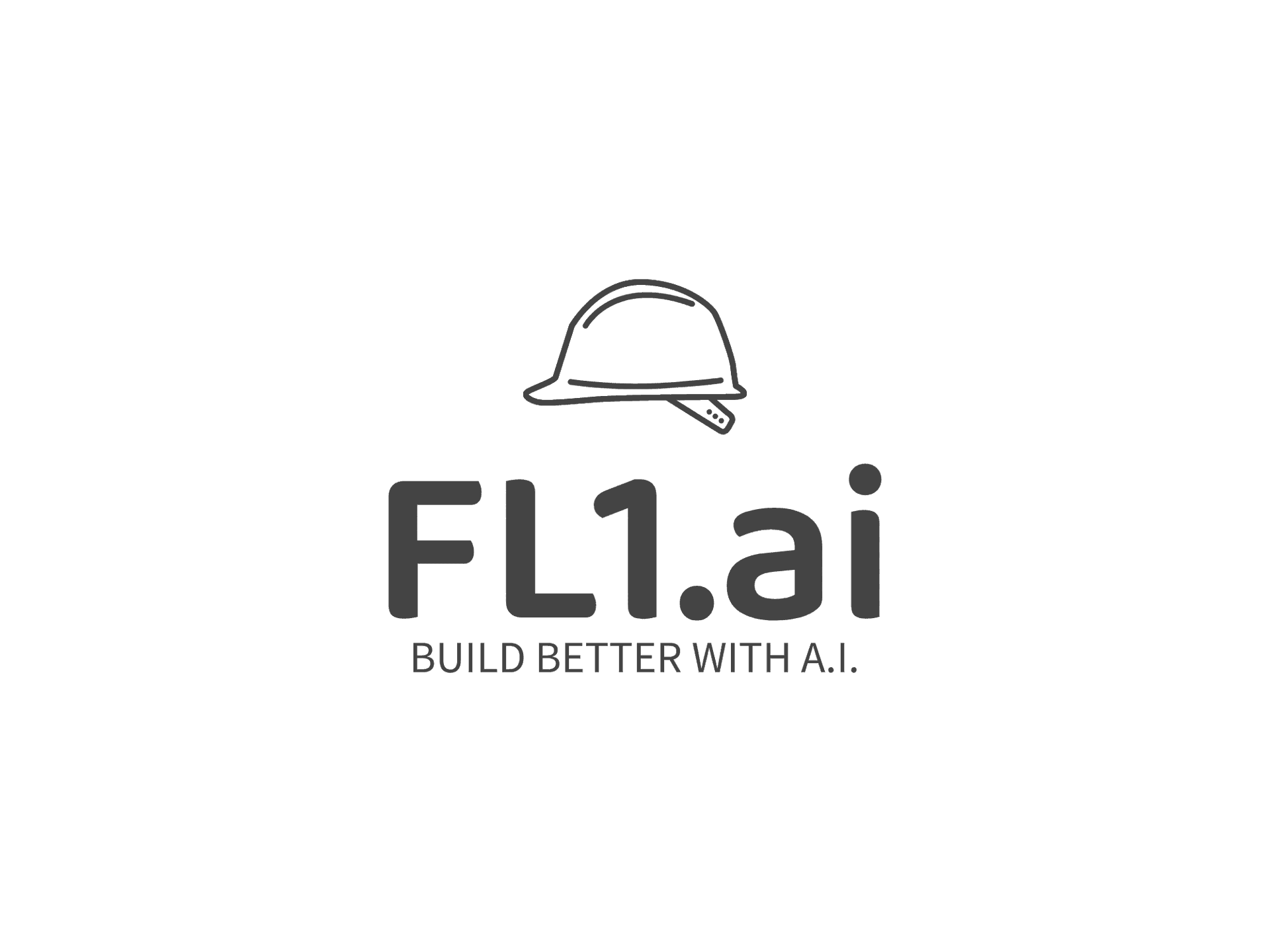The Role of AI in Enhancing Construction Project Management Efficiency
Introduction
The construction industry is experiencing a digital transformation, with artificial intelligence (AI) playing a pivotal role in enhancing project management efficiency. As construction projects become more complex, the need for advanced tools to streamline processes is growing. AI technology offers innovative solutions that can significantly improve productivity, reduce costs, and enhance decision-making capabilities.

Automating Routine Tasks
One of the primary benefits of AI in construction project management is its ability to automate routine tasks. By leveraging AI algorithms, project managers can automate scheduling, resource allocation, and even risk management. This automation not only saves time but also reduces human error, allowing project managers to focus on more strategic aspects of the project.
AI-powered tools can analyze vast amounts of data to optimize schedules and predict potential delays. This capability ensures that projects stay on track and meet deadlines, ultimately enhancing overall efficiency.
Enhanced Data Analysis and Decision Making
AI provides construction managers with powerful data analysis capabilities. By processing historical and real-time data, AI tools can offer insights into project performance and identify trends that may impact future projects. With these insights, managers can make informed decisions that improve project outcomes.

Moreover, AI-driven predictive analytics can forecast potential challenges before they arise. This proactive approach allows for early intervention, minimizing disruptions and ensuring smooth project execution.
Improving Safety and Risk Management
Construction sites are inherently risky environments, and safety is a top priority. AI can enhance safety measures by identifying potential hazards through image recognition and real-time monitoring. For instance, AI can detect unsafe behaviors or conditions and alert site managers immediately, preventing accidents before they occur.
Additionally, AI-enabled risk management tools can assess project risks more accurately. By analyzing data from past projects, these tools can predict potential risks and suggest mitigation strategies, ensuring that projects are completed safely and efficiently.

Optimizing Resource Management
Efficient resource management is critical to the success of any construction project. AI technologies can optimize the allocation of resources such as labor, materials, and equipment. By analyzing usage patterns and demand forecasts, AI can ensure that resources are used effectively, reducing waste and minimizing costs.
This optimization extends to workforce management as well. AI-driven tools can schedule labor more efficiently, ensuring that the right number of workers with the appropriate skills are available when needed.
Conclusion
AI's integration into construction project management is revolutionizing the industry by enhancing efficiency at every stage of the project lifecycle. From automating routine tasks to improving safety and resource management, AI offers significant benefits that lead to better project outcomes. As AI technology continues to evolve, its role in construction will only grow, driving further innovation and efficiency in the industry.
